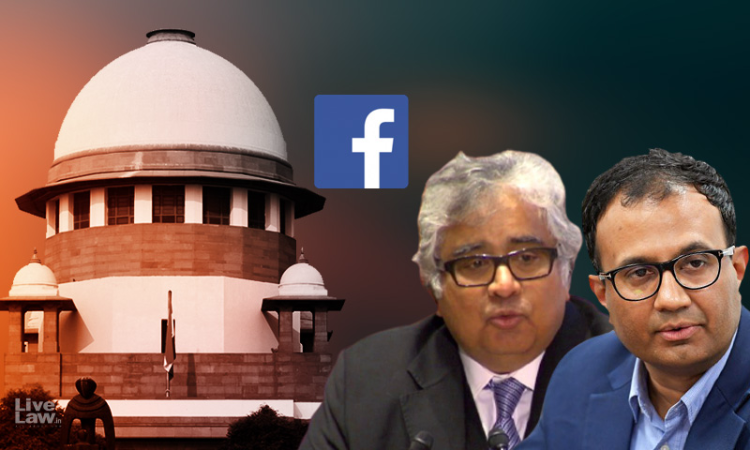Delhi House Panel Cannot Deal With 'Law And Order' As It Is Union's Subject : Salve Submits For Facebook VP
Nupur Thapliyal
29 Jan 2021 10:21 AM IST

Next Story
29 Jan 2021 10:21 AM IST
The Supreme Court bench headed by Justice S.K. Kaul on Thursday heard Facebook India Vice President, Ajit Mohan's challenge to the two summons issued by the Delhi Legislative Assembly's Committee "Peace and Harmony" asking him to appear to look into the role of fake news behind the Delhi riots of February 2020. The two summons were issued in September 2020 demanding Mr. Mohan to appear...
